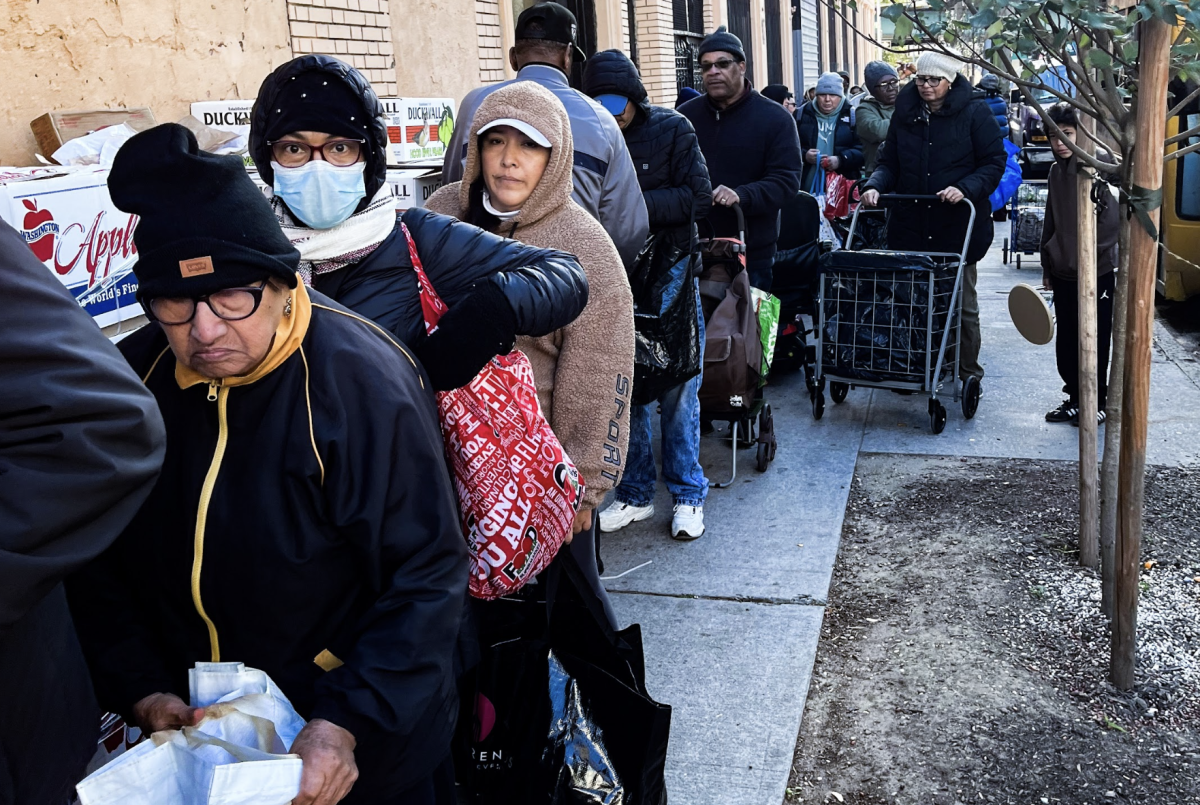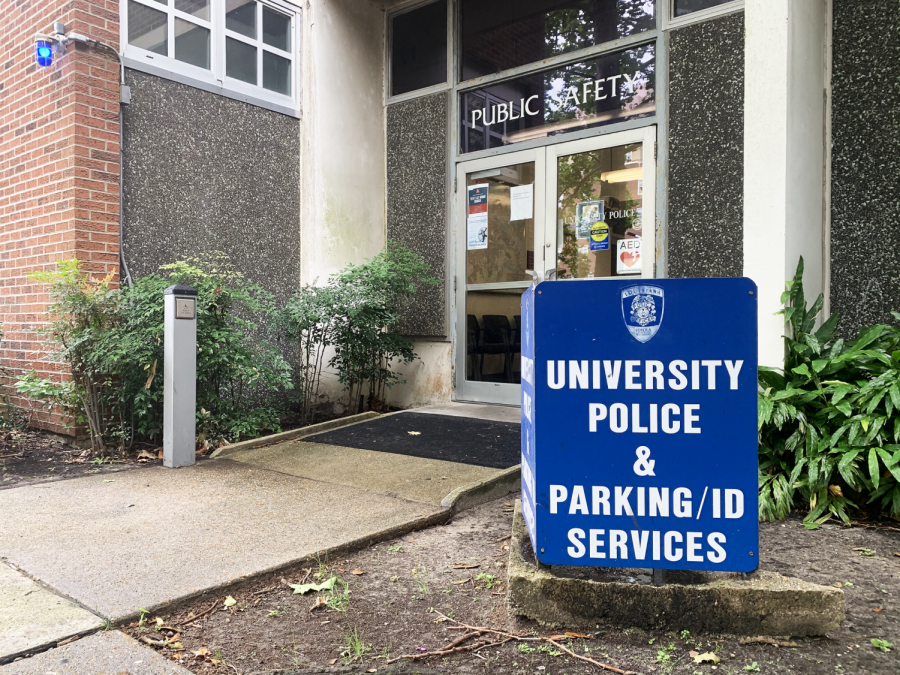On the off chance you missed the front page, let us reiterate this for you: there’s a high likelihood that your schedule will change.
With the new proposed schedule, the duration of classes would be slightly extended and the fall semester would end early, making the month of December and the beginning of January the new holiday break. Students wouldn’t have to return until after Martin Luther King Jr. Day.
This shift will be to introduced to make room for new terms: the January term (abbreviated as “J-term”) and the May term. The May term, however, would already fit in the current academic calendar, but the January term would require schedule changes to fit the calendar. These new terms would only last two weeks but would meet for six hours at a time Monday through Thursday.
With such crucial changes on the horizon, we’d expect engagement between faculty and students, but so far departments have remained relatively silent, with the exception of the Honors program. Though, when Honors did inform its students, it was by an email containing a five question survey, which provided students with little context other than informing them what the possible changes to the class schedule would be.
These changes seem sudden and out of the blue, considering many non-honors students are still completely unaware of what is to come.
Of course, a decision has yet to be made, but if this is a serious consideration, where is the call for student input?
It’s obvious that there is a lack of communication on all fronts. The student body deserves easy access to the information regarding the change and needs to be able to voice their opinions and concerns.
Interim Provost David Borofsky and his team have been helpful and transparent thus far, whether it be through open forum townhouse meetings or availability and willingness to speak with students, so leaving students out of the conversation seems uncharacteristic.
Even SGA has been left in the dark. With that being said, it’s a two way street because it isn’t entirely up to the administration to relay the information to them. Both the administration and SGA must work together and do their part. SGA has a responsibility to ask the questions necessary to inform the students, who they are representing, of these upcoming changes. But instead SGA Vice President Blane Mader said that, at the Board of Trustees meeting last week, it was implied that the schedule changes were already agreed upon, but he “didn’t really pry for it because he didn’t want to sit there and hear [himself] talk.”
Now there’s no denying the benefits of a J-term and a May term for students who need to catch up on credit hours, especially when you consider that the six year graduation rate is at an abysmal 56 percent. But during the terms, students should gain more than just a couple credit hours; they need to be educated during this time. Six hours a week for four days a week is intense, but does it really merit the award of the same amount of credit hours a student would receive after completing a course during the regular fall or spring semester?
This raises the question: is it truly the student who will be benefitting from the implementation of the new terms?
A verdict should not be reached without the consolation of the student body since it is the students who will be directly affected by outcome. Before making a decision, Loyola’s administration needs to consider its students and let us have a say in determining what is best for us.



















